‘We must seize this momentum’: Corporate Australia responds to failed voice referendum
Australia’s top companies have put a positive spin on the No vote, after many execs ploughed millions of shareholder dollars into the Yes campaign.
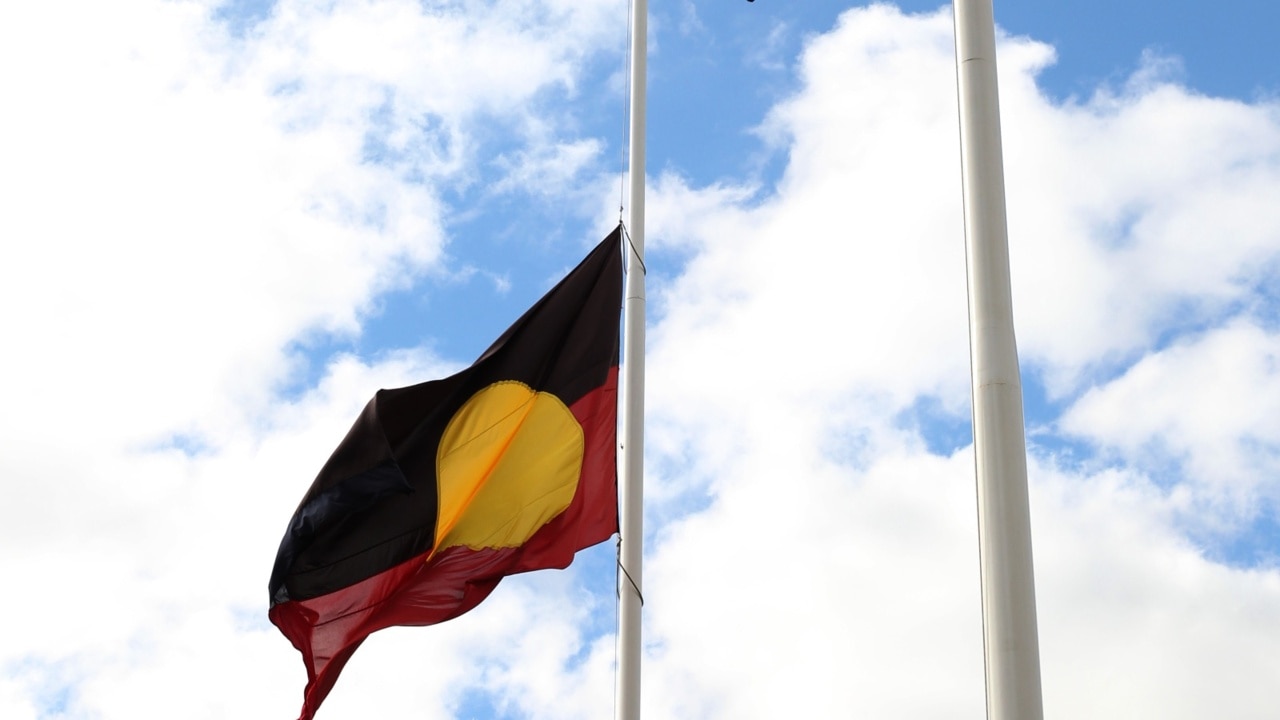
Australia’s top companies have put a positive spin on the failure of the referendum after many executives publicly endorsed and ploughed millions of shareholder dollars into the losing Yes campaign.
Far from being bruised from the outcome, chief executives who supported the voice said it had galvanised support for reconciliation and closing the gap.
Of the twenty top companies The Australian contacted, half made no comment and the others issued statements. None apologised for misjudging the national mood.
Rob Scott - managing director of Wesfarmers, which owns Bunnings, Kmart, Target and Officeworks - doubled down, and said the nation must “seize this momentum”.

“While the country resolved not to amend our constitution, there’s never been more awareness of the significant challenges facing many Indigenous people, with Australians troubled by the lack of progress,” Mr Scott said.
“On all sides of the debate, there was a consensus around the need for practical measures that will have impact and deliver benefits for Indigenous communities, particularly in health and wellbeing, education, housing and employment. We must seize this momentum.
“The referendum outcome may be difficult for many and our immediate focus will be on supporting our team members, particularly our almost 4,000 Aboriginal and Torres Strait Islander team members.”
Wesfarmers, like BHP, Rio Tinto and ANZ had donated $2m each to the Yes campaign, while the Paul Ramsay Foundation - the biggest shareholder of ASX-listed hospital operator Ramsay Health Care - donated $5m to support the Voice.
But the vast majority of Australians rejected having a First Nations peoples advisory body enshrined in the constitution, underscoring the risk of corporations taking a strong stance on socially contentious issues.
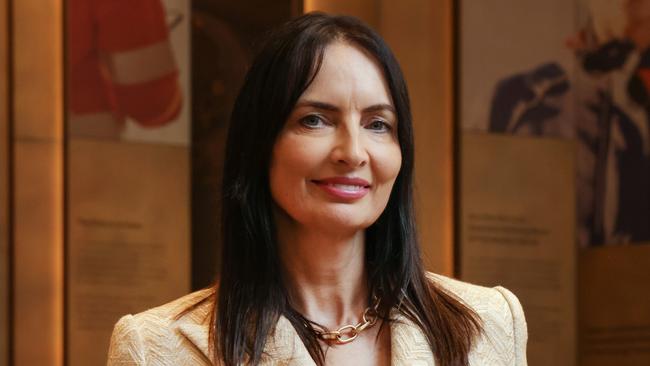
While Mr Joyce left Qantas two months earlier than expected last month after a spate of controversies, a spokesman said on Sunday that the company remained a “long-term supporter of both recognition and reconciliation”.
“That will continue. We remain focused on making a practical difference to closing the gap through things like using First Nations suppliers and offering employment and scholarships for Indigenous people in aviation, as well as promoting Indigenous art and culture to the world,” the spokesman said.
Qantas had provided more than an endorsement to the campaign, it added Yes23 decals to its livery on three of its planes and offered key members of the Yes campaign and Uluru Dialogue free flights in order to travel to regional and remote Australian to spread the message ahead of the referendum, earning high praise from the Prime Minister.
Business Council of Australia chief executive Bran Black defended the organisation’s support of the Voice, which he said would have provided a “mechanism for consultation and partnership, and, ultimately, increased opportunity for Indigenous Australians”.
“Our members are, and remain, committed to the social, cultural and economic prosperity of Aboriginal and Torres Strait Islander peoples,” Mr Black said.
“We have translated that commitment into action through Reconciliation Action Plans, by being major employers of Indigenous Australians and through investing in communities.
“Our landmark Raising the Bar initiative has contributed to an Indigenous business sector which is estimated to add up to $12bn to the Australian economy.”
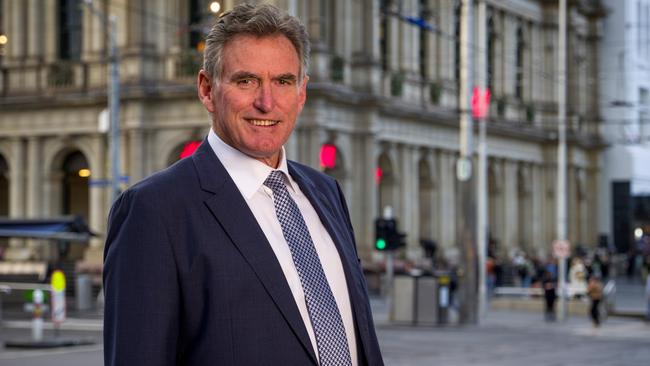
BHP president Australia, Geraldine Slattery, said the mining giant - the biggest company on the ASX with a market value of $228.1bn - would continue to incorporate “indigenous perspectives and knowledge” into its operations.
“The outcome of the referendum was decided by the Australian people, and we respect the democratic process,” Ms Slattery said.
“We recognise this has been and will continue to be a difficult time for many people, irrespective of how they voted, in particular indigenous Australians. Our focus now is on providing support to our people where it’s needed and continuing to strengthen our longstanding relationships with traditional owners and indigenous partners.
“Relationships with indigenous peoples are fundamentally important to BHP and our business. BHP operates on traditional lands, we have many agreements and partner widely with Indigenous communities and traditional owners, and we are the largest indigenous employer in the Australian resources sector. BHP will continue to engage with traditional owners and Indigenous partners, employees and organisations to understand their priorities, and inform our approach.”
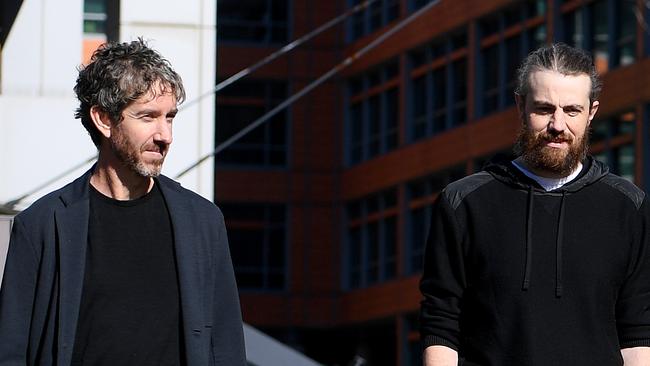
Similarly Rio Tinto Australia chief executive Kellie Parker said the miner - which blew up ancient Aboriginal caves at Western Australia’s Juukan Gorge in 2020 - would not change its support for constitutional recognition for indigenous Australians.
Ms Parker said the company was also committed to “elevating indigenous voices” and ensuring they were “strong” across the miner’s operations.
“As one of the largest employers of indigenous Australians and a company that operates on the lands of indigenous peoples, we have long supported constitutional recognition for Indigenous Australians. We backed the ‘Recognise’ campaign in 2015, through to the Uluru Statement from the Heart,” Ms Parker said.
“The relationships we have with indigenous peoples, including the agreements we have with traditional owners of the lands on which we operate, are a priority for us. This includes a focus on promoting greater recognition and inclusion of indigenous people in decision-making processes, particularly relating to our mining operations and the impact on Indigenous lands and communities.
“Within our own company, we are working hard to build a more inclusive and culturally aware workplace that values indigenous views and voices, including more than 1,500 Indigenous Australian employees and 46 indigenous leaders. “
Ross McEwan - chief executive of NAB, which donated $1.5m to the Yes campaign - said it was a challenging time for indigenous communities and some of the bank’s employees but respected the “democratic process and result of the referendum”
“The people of Australia have voted,” Mr McEwan said.
“NAB will continue to support the progress of First Nations people. We have long supported Indigenous businesses and will continue to do so.”
Woolworths chief executive Brad Banducci supported the Yes campaign but told employees last week that no matter how they voted “everyone of them belongs” at the supermarket chain.
“Our Reconciliation journey as a group began long ago and will continue for years to come.

As Australia’s largest private employer, and one of the largest employers of First Nations peoples, we have a responsibility to foster a safe workplace for all team members,” Mr Banducci said.
“We remain committed to actively contributing to Australia‘s reconciliation journey through listening and learning, empowering more diverse voices within our group and working better together for a better tomorrow.”
Medibank chief executive David Koczkar said: “The outcome of the referendum was not the result that many people were hoping for”. This is despite more than 60 per cent of Australians rejecting it.
Mr Koczkar said reconciliation with First Nations peoples and equity in health and wellbeing outcomes was a “fundamental part” of Medibank’s vision for Australia.
“The result on the weekend will not shake our commitment to this,” he said.
“While many are hurting, I remain hopeful that we can come together as a nation and find a way forward. “The result does not stop us from continuing to listen to Aboriginal and Torres Strait Islander voices on matters that concern their communities, nor our focus on supporting the health and wellbeing of First Nations people.
“Listening gets better results, and we will continue to support such structures both at Medibank and across the health sector. “
Tech billionaires Mike Cannon-Brookes and Scott Farquhar said they had watched the referendum result unfold on Saturday night with “heavy hearts”.
While this wasn’t the outcome we had hoped for, we’re grateful that Australians had the right to vote on this important issue,” Mr Cannon-Brookes and Mr Farquhar said in a joint statement.
“The referendum gave us all an opportunity to step back and more deeply understand the experiences of Australia’s First Nations people. This is important, and overdue.”
A Woodside spokeswoman said while the energy giant supported the Yes campaign, it “sought to educate our people about the proposed Voice and encouraged them to form their own views”.
“Woodside has a long history of engaging with Indigenous communities in the areas in which we operate. Through this engagement we formed a view that supporting the goals of the Uluru Statement from the Heart was in the best interests of the company and these communities,” the spokeswoman said.
“The referendum result has no impact on Woodside’s unwavering commitment to continuing our reconciliation journey with our Indigenous employees, partners and the community more broadly.”
A spokesman for Coles, whose CEO is Leah Weckert, said the supermarket chain would work on “elevating the voices” of indigenous communities.
“We are proud to be one of the largest employers of Aboriginal and Torres Strait Islander peoples in Australia and we continue to work towards our Reconciliation goals with workforce, trade and leadership targets, community engagement and supply chain opportunities,” the spokesman said.
“Irrespective of the outcome of the referendum, our focus continues to be on elevating the voices of Aboriginal and Torres Strait Islander people on issues that disproportionately impact them and aligning our reconciliation efforts to closing the gap.”
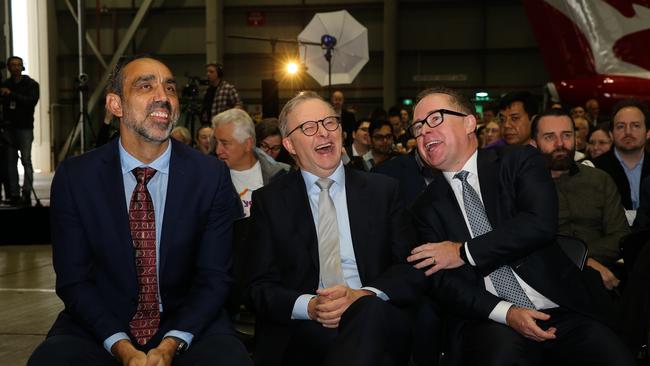




To join the conversation, please log in. Don't have an account? Register
Join the conversation, you are commenting as Logout